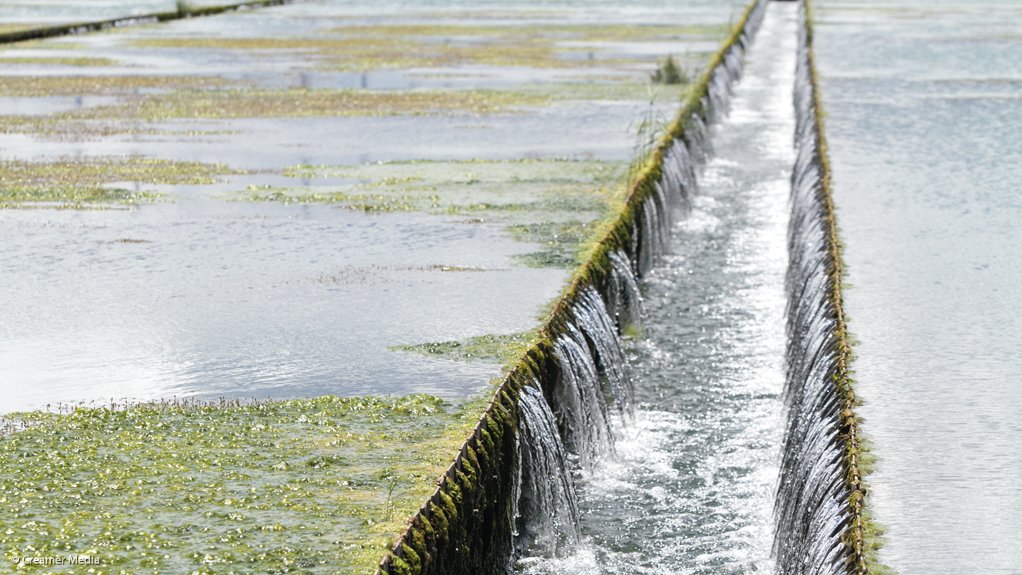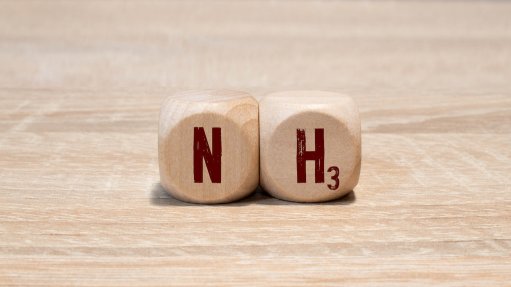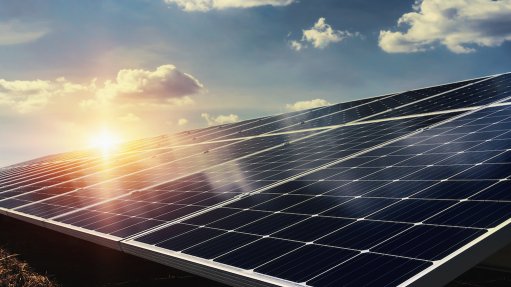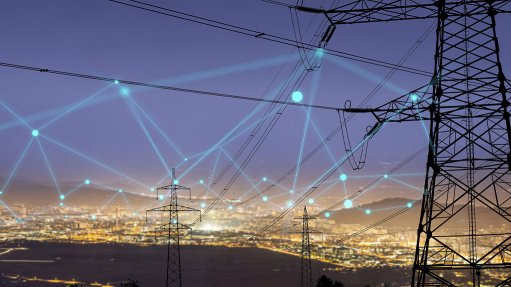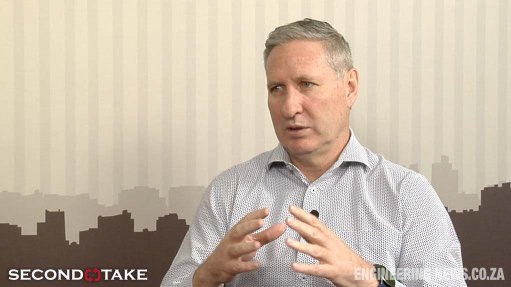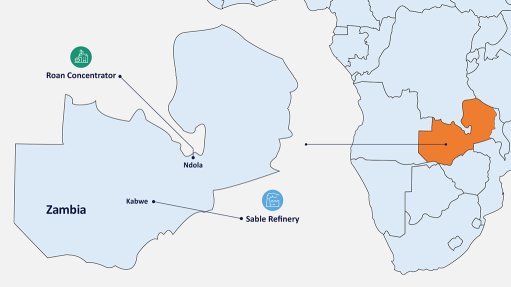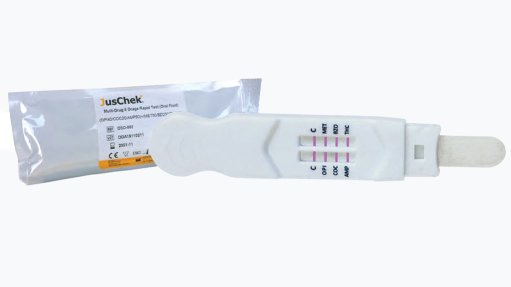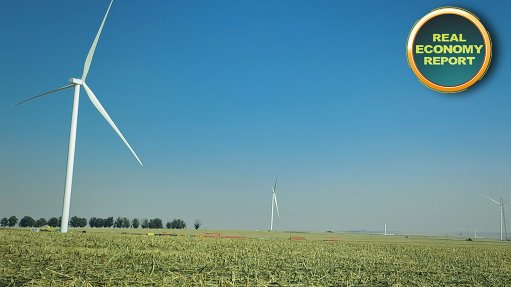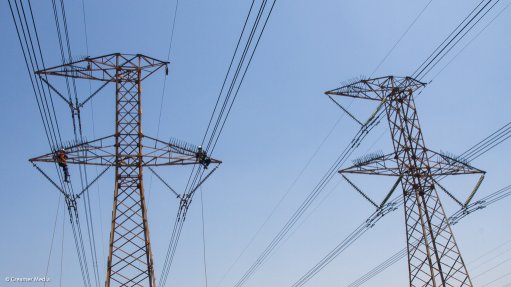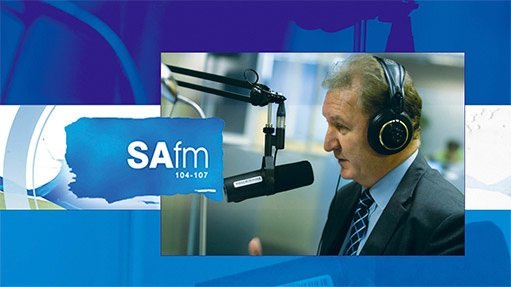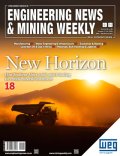Water systems improving but Rand Water says municipalities not meeting agreed targets
Bulk supplier Rand Water says the Tshwane and Johannesburg metros have made strides towards improving their water supply - using fragile systems that have teetered on the brink of collapse.
This after the City of Tshwane issued a mayday warning on Wednesday, urging residents to conserve water as reservoirs took strain.
In a statement, it said it was continuing to experience an increase in water consumption, which was likely to result in no water "for a longer period as the city reservoirs drop extraordinarily from time to time".
On Thursday, Rand Water spokesperson Makenosi Maroo said there had been a huge improvement overnight, especially in Garsfontein, which was critical.
Despite this, the area is still affected by the low Carina Reservoir. The reservoir also affects Alphen Park, Erasmusrand, Monument Park, Waterkloof Waterkloof Ridge, Waterkloof Park, Waterkloof Heights, Sterrewag, and Groenkloof.
The Tshwane metro's water comes from two sources: Rand Water – which treats bulk water from the Integrated Vaal River System - and Magalies Water - which provides water to areas in Gauteng, the North West, and Limpopo from the Crocodile and the Pienaars rivers.
Last Friday, Rand Water warned the City about water supply from the Wallmannsthal Water Treatment Plant, north of the city, which had been compromised by the sharing of water from the Roodeplaat Water Treatment Plant, "resulting in low water supply against high demand by consumers".
The municipality operates Roodeplaat.
Vandalism that week also halted water treatment.
Unlike Tshwane, Johannesburg does not have its own water supply and must rely on Rand Water.
Rand Water is struggling to keep up with demand, which has continued to exceed the consumption agreement with the municipalities.
Maroo said the South Hills tower, which has been in dire straits, was also improving and was supplying high-lying areas.
The entity released its yearly consumer stats on Tuesday.
Despite agreeing on 1 045 megalitres (where a megalitre = 1-million litres) daily, Johannesburg has not met this target from 5 September 2022 to 16 September.
The graph shows a significant drop in consumption in July, during the planned interruptions to expand the Rand Water system. Since the start of September, the water consumption has been above the 1 493 mega litre mark – this was last year's water target.
The 1 045-megalitre target is 30% less than last year and is designed to help combat the growing consumer base.
The city loses 24.1% of this water to leaks.
The Tshwane metro has also not met its 434-megalitre agreed on consumption and recorded consumption above last year's 620-megalitre target from September 2022 to 2023.
Ekurhuleni, which gets its water from Rand Water, spent most of the period below last year's 813-megalitre agreed usage but did not meet the current target of 569 megalitres.
At a meeting between the Department of Water and Sanitation and the Gauteng municipalities last month, Minister Senzo Mchunu said Gauteng's rapid population growth and "increasing water losses in municipal water distribution systems… have resulted in a situation where the peak demand for water from Rand Water's municipal customers is close to, and occasionally exceeds the available supply".
This meeting was held after Mchunu called on the various entities to explain how they would mitigate the water crisis.
He added that load shedding and a lack of proactive operations and maintenance in the infrastructure contributed to the challenges.
In response to the call, Rand Water said it was "chasing the demand caused by the ever-growing consumption".
Johannesburg Water said its mitigation plans included addressing pressure and reservoir management.
Tshwane said its non-revenue water statistics had improved over the years as measures were implemented to reduce the losses.
And the City of Ekurhuleni said it had turned its focus on correcting metering and billing and added that it was fighting repetitive vandalism of infrastructure.
Article Enquiry
Email Article
Save Article
To advertise email advertising@creamermedia.co.za or click here
Comments
Press Office
Announcements
What's On
Subscribe to improve your user experience...
Option 1 (equivalent of R125 a month):
Receive a weekly copy of Creamer Media's Engineering News & Mining Weekly magazine
(print copy for those in South Africa and e-magazine for those outside of South Africa)
Receive daily email newsletters
Access to full search results
Access archive of magazine back copies
Access to Projects in Progress
Access to ONE Research Report of your choice in PDF format
Option 2 (equivalent of R375 a month):
All benefits from Option 1
PLUS
Access to Creamer Media's Research Channel Africa for ALL Research Reports, in PDF format, on various industrial and mining sectors
including Electricity; Water; Energy Transition; Hydrogen; Roads, Rail and Ports; Coal; Gold; Platinum; Battery Metals; etc.
Already a subscriber?
Forgotten your password?
Receive weekly copy of Creamer Media's Engineering News & Mining Weekly magazine (print copy for those in South Africa and e-magazine for those outside of South Africa)
➕
Recieve daily email newsletters
➕
Access to full search results
➕
Access archive of magazine back copies
➕
Access to Projects in Progress
➕
Access to ONE Research Report of your choice in PDF format
RESEARCH CHANNEL AFRICA
R4500 (equivalent of R375 a month)
SUBSCRIBEAll benefits from Option 1
➕
Access to Creamer Media's Research Channel Africa for ALL Research Reports on various industrial and mining sectors, in PDF format, including on:
Electricity
➕
Water
➕
Energy Transition
➕
Hydrogen
➕
Roads, Rail and Ports
➕
Coal
➕
Gold
➕
Platinum
➕
Battery Metals
➕
etc.
Receive all benefits from Option 1 or Option 2 delivered to numerous people at your company
➕
Multiple User names and Passwords for simultaneous log-ins
➕
Intranet integration access to all in your organisation



